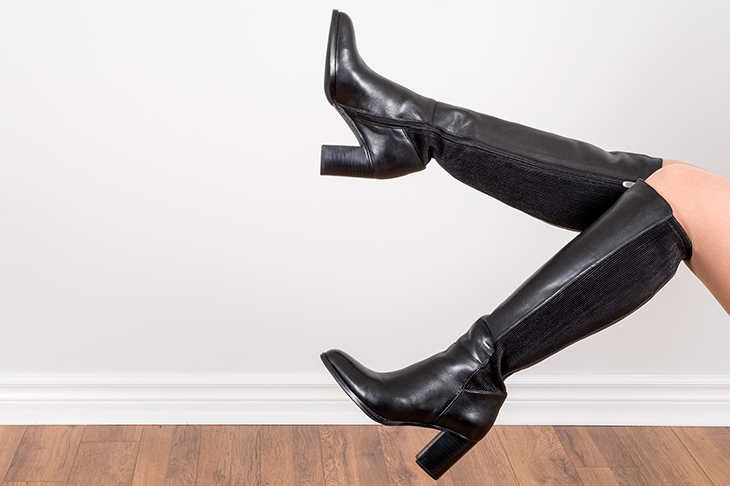‘Oh, yes,’ said my husband, enthusiastically, ‘a loathsome disease. The tongue goes black and dry.’ He was referring to an historical grouping of symptoms given the name prunella.
If you are thinking it is therefore an unkind name to give a girl, that is because the name also applies to a pretty wild flower related to mint, commonly known as self-heal. Some say it was so called because it cured the disease, but the plant name is older than the disease name.
There is a third meaning of prunella, in the phrase leather and prunella. This phrase used to be deployable to any middle-class readership. George Eliot and Anthony Trollope both used it, in the sense ‘a matter of indifference’. I expect both knew it originated in the poetry of Pope, but that is not quite what he meant.
This 19th-century meaning is to be found in Brewer’sDictionary of Phrase and Fable. That compendium is extremely unreliable on word origins, but useful in telling us what Victorians thought were their origins, sometimes based on false history. Anyway, for leather and prunella it says: ‘Nothing of any moment, all rubbish. Prunella is a woollen stuff, used for the uppers of ladies’ boots.’ That is useless.
Pope’s lines, from the fourth epistle of ‘An Essay on Man’, discuss inner worth. He uses the word fellow to mean ‘a person of no esteem or little worth’. This sense had been developing in English since the 15th century. Incidentally, the rhyme shows Pope pronounced fellow, as if it were feller. (The comma after rest is how it was first printed.)
You’ll find, if once the Monarch acts the Monk, Or Cobler-like, the Parson will be drunk, Worth makes the Man, and want of it the Fellow; The rest, is all but Leather or Prunella.
Pope is saying that the outer marks don’t reveal inner worth, neither the cobbler’s leather nor the parson’s prunella. Here prunellais nothing to do with women’s boots, but is the strong cloth for making clerical gowns (just as in the 18th century, they began to speak of ‘men of the cloth’). Leather and prunella are certainly not ‘rubbish’ in Pope’s phrase. Never trust Brewer.
Got something to add? Join the discussion and comment below.
Get 10 issues for just $10
Subscribe to The Spectator Australia today for the next 10 magazine issues, plus full online access, for just $10.
You might disagree with half of it, but you’ll enjoy reading all of it. Try your first month for free, then just $2 a week for the remainder of your first year.















Comments
Don't miss out
Join the conversation with other Spectator Australia readers. Subscribe to leave a comment.
SUBSCRIBEAlready a subscriber? Log in